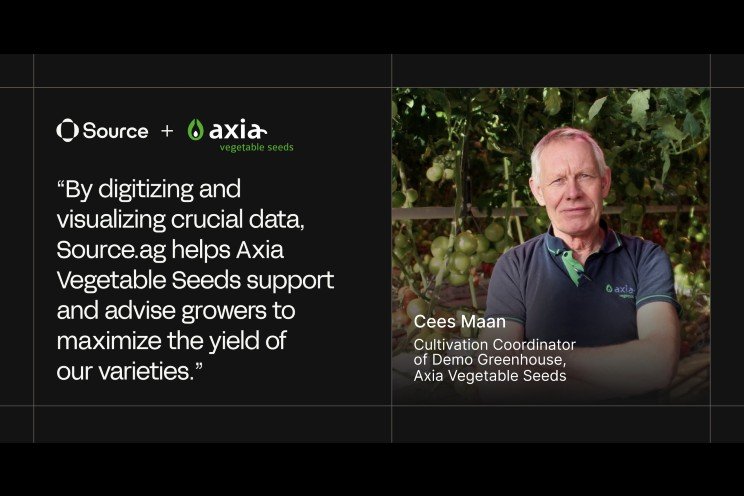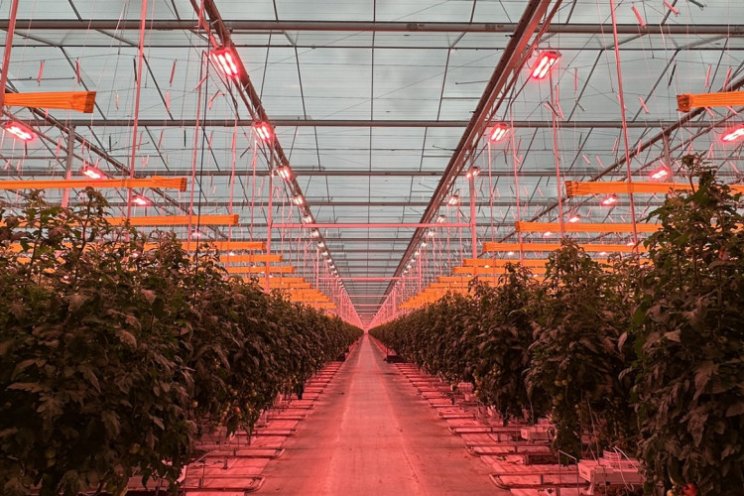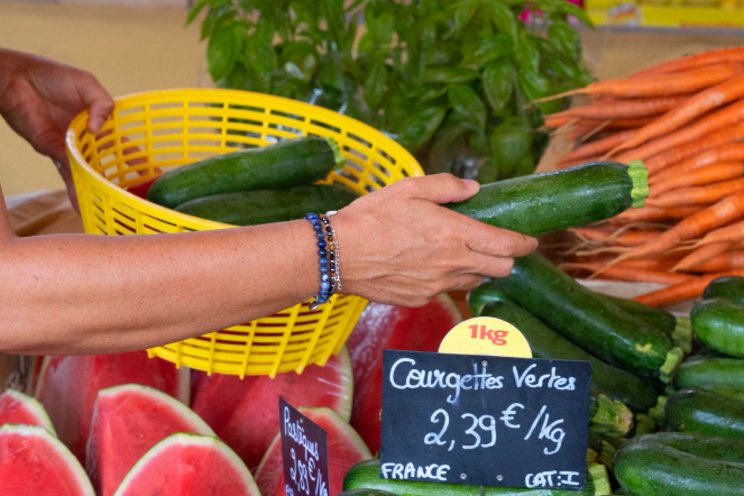Micropropagation to soon be an option for cannabis production
Added on 19 May 2021

Micropropagation is a technique used for growing large quantities of new plants from fewer parent plants, yielding clones with the same, predictable qualities. The cannabis industry, however, has been largely left out of this beneficial technique, because this species of plant is extremely difficult to micropropagate.
Researchers from UConn, including Associate Professor Jessica Lubell-Brand, Ph.D. student Lauren Kurtz, and Professor Mark Brand, in the Department of Plant Science and Landscape Architecture, have worked through some of the challenges of cannabis micropropagation of hemp. Their method was recently published in HortTechnology.
Currently, the commercial cannabis industry relies on other propagation techniques, such as collecting seeds or taking carefully timed cuttings from stock mother plants. These methods require a lot of space and maintenance, since multiple specimens of each line of stock plants must be kept in the event of disease outbreak or plant death.
"Micropropagation produces many more clones than other methods. Since it is not relying on seed, the clones are uniform, and they will perform similarly to the parent plant. Plants that come out of tissue culture also have the benefit of being disease-free, they frequently show enhanced vigor, and you can grow a lot more in less space," says Lubell-Brand.
Plants in tissue culture depend on the grower to assume the role of nature to provide the right balance of nutrients and growth hormones in the culture media, to regulate temperature and light — everything. For some plants, micropropagation is easy to accomplish, where explants placed in the growing medium will multiply readily. For others, like cannabis, the process requires quite a bit of refining to ensure the production of a large number of healthy plants.
Continue reading here.
Source and Photo courtesy of Greenhouse Grower
Source: Greenhouse Grower
More news















